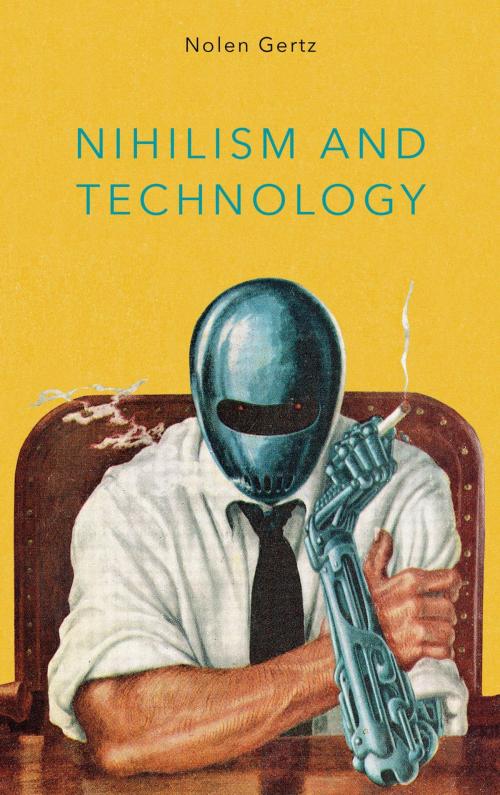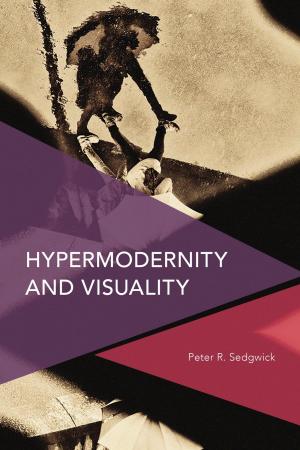| Author: | Nolen Gertz | ISBN: | 9781786607041 |
| Publisher: | Rowman & Littlefield International | Publication: | June 20, 2018 |
| Imprint: | Rowman & Littlefield International | Language: | English |
| Author: | Nolen Gertz |
| ISBN: | 9781786607041 |
| Publisher: | Rowman & Littlefield International |
| Publication: | June 20, 2018 |
| Imprint: | Rowman & Littlefield International |
| Language: | English |
Heidegger, Marcuse, and Ellul warned against the rise of a technological mass culture. Philosophy of technology has since turned away from such dystopic views, promoting instead the view that we shape technologies just as technologies shape us. Yet the rise of Big Data has exceeded our worst fears about Big Brother, leading us to again question whether technologies are empowering us or enslaving us.
Rather than engage in endless debates about whether technologies are making us better or making us worse, Nolen Gertz investigates what we think “better” and “worse” mean, and what role this thinking has played in the creation of our technological world. This investigation is carried out by using Nietzsche’s philosophy of nihilism in order to explore the ways in which our values mediate how we design technologies and how we use technologies. Examining our technological practices—practices ranging from Netflix and Chill to Fitbit and Move to Twitter and Rage—reveals how our nihilism and our technologies have become intertwined, creating a world of techno-hypnosis, data-driven activity, pleasure economics, herd networking, and orgies of clicking.
Heidegger, Marcuse, and Ellul warned against the rise of a technological mass culture. Philosophy of technology has since turned away from such dystopic views, promoting instead the view that we shape technologies just as technologies shape us. Yet the rise of Big Data has exceeded our worst fears about Big Brother, leading us to again question whether technologies are empowering us or enslaving us.
Rather than engage in endless debates about whether technologies are making us better or making us worse, Nolen Gertz investigates what we think “better” and “worse” mean, and what role this thinking has played in the creation of our technological world. This investigation is carried out by using Nietzsche’s philosophy of nihilism in order to explore the ways in which our values mediate how we design technologies and how we use technologies. Examining our technological practices—practices ranging from Netflix and Chill to Fitbit and Move to Twitter and Rage—reveals how our nihilism and our technologies have become intertwined, creating a world of techno-hypnosis, data-driven activity, pleasure economics, herd networking, and orgies of clicking.















